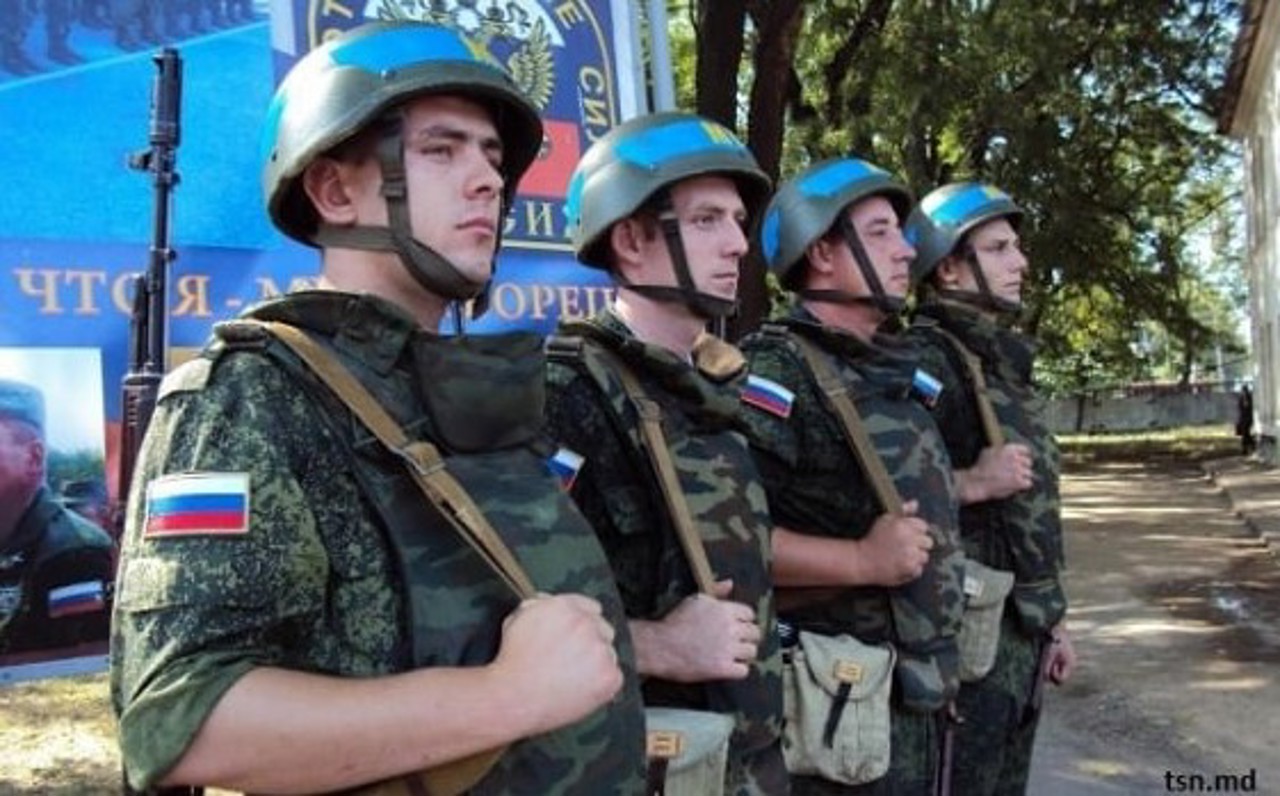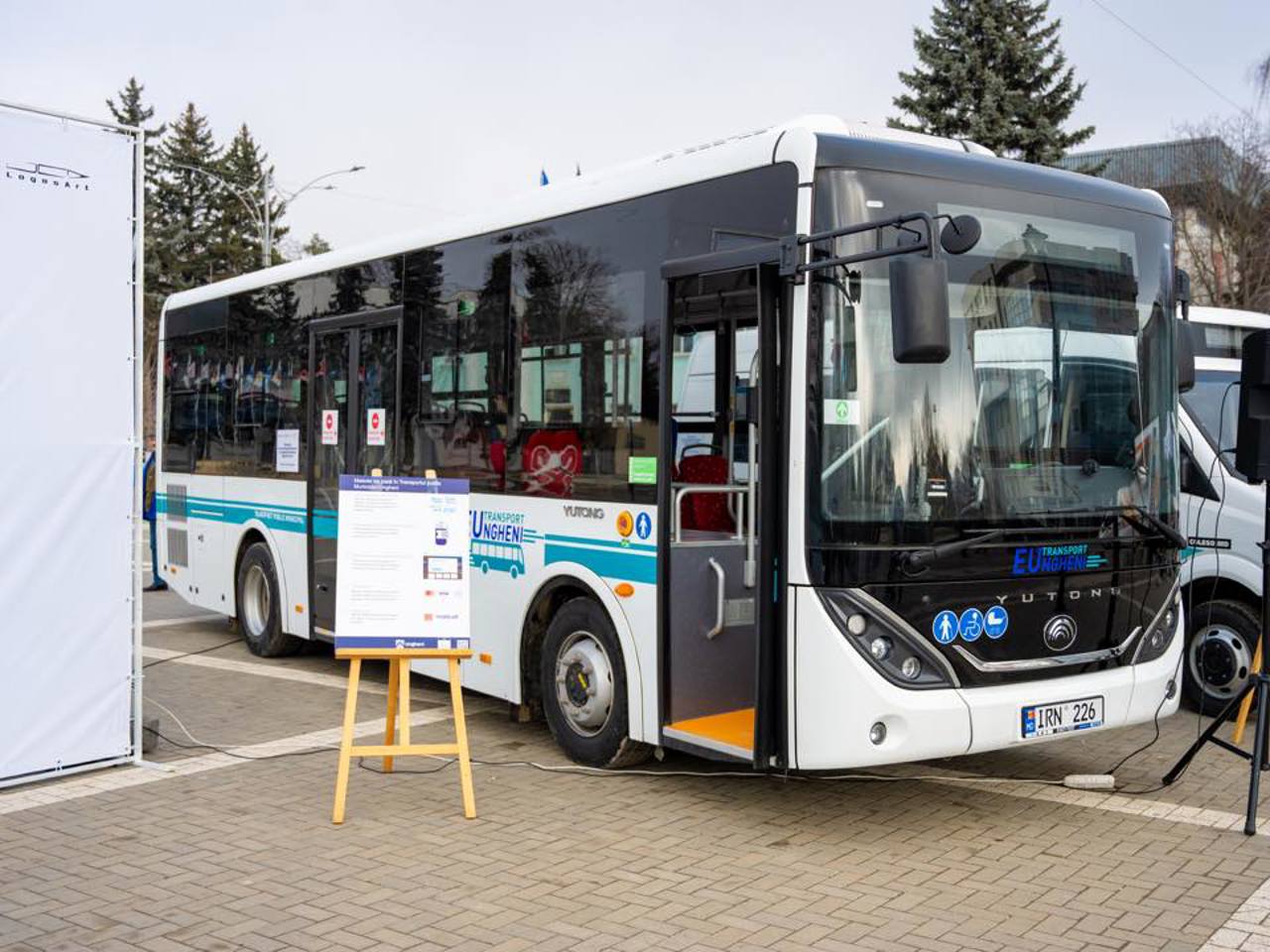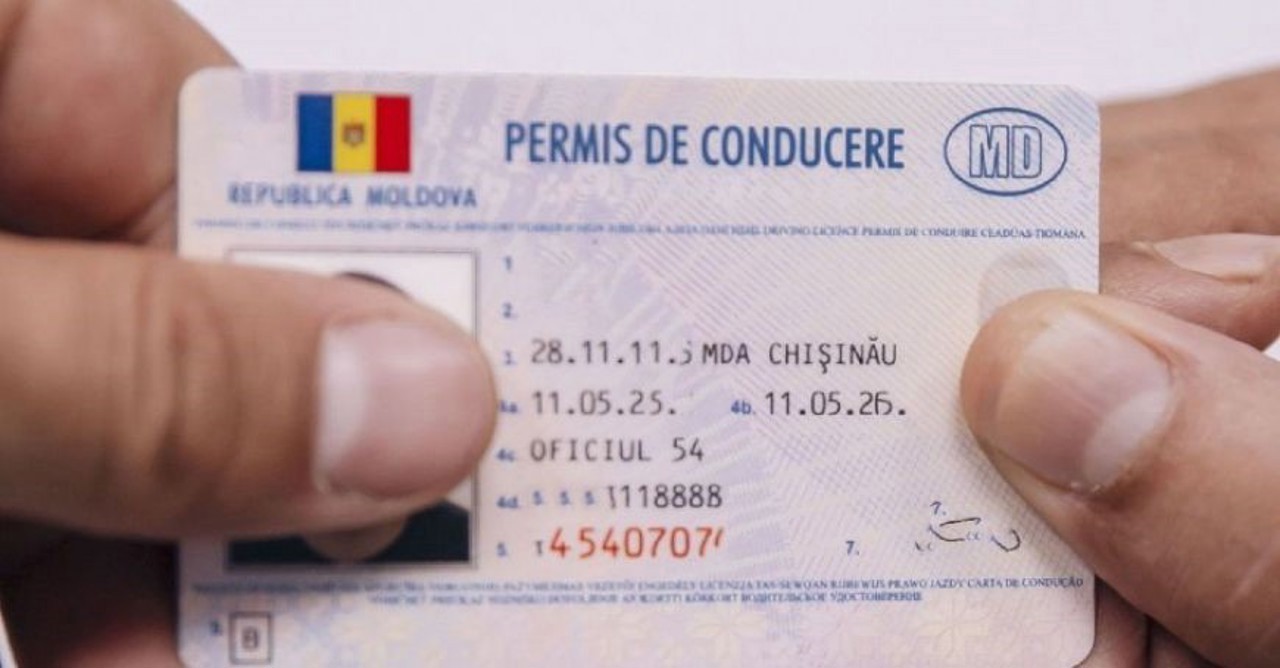Maia Sandu warns of Russia’s growing military presence

The authorities of the Russian Federation are attempting to increase their military presence in the Transnistrian region and have made efforts to send soldiers carrying diplomatic passports into Moldova, revealed President Maia Sandu.
"I’ve seen some ask how military planes would fly Russian officers or soldiers here. But military planes are not needed. Throughout my term, the Russian Federation has attempted to send personnel into the Transnistrian region using diplomatic passports, knowing that, according to the Vienna Convention, we cannot deny entry to holders of such documents. They know that otherwise, they cannot send troops into Moldova," the head of state stated Thursday evening during a Pro TV broadcast.
According to the president, the Russian Federation’s attempts to subvert the results of the upcoming autumn parliamentary elections aim to install pro-Moscow forces in power in Chișinău, which would significantly increase security risks in the region.
“Imagine a government controlled by Russia—through usual routes, they could deploy hundreds, even thousands of personnel to strengthen the Russian military presence in the Transnistrian region, which would considerably raise the risks for Odessa and eastern Ukraine. This is a major security threat, because if it happens, it is clear that Moldova will be drawn into the war,” the president warned.
It should be noted that in a recent interview with the Financial Times, Prime Minister Dorin Recean said that the Russian Federation intends to send 10,000 soldiers to the Transnistrian region to bolster its military presence. According to the prime minister, Moscow currently cannot increase its forces in the eastern districts because Transnistria lies between Ukraine, with which it is at war, and Moldova, which has a pro-European government.
In response, Russian Foreign Ministry spokesperson Maria Zakharova denied that Moscow intends to increase the number of Russian troops in Transnistria. She stated that around 1,200 Russian soldiers are currently stationed in eastern Moldova “to ensure peace and stability along the Dniester,” and that “the Russian army remains the sole real factor guaranteeing peace and stability along the Dniester.”
It is worth mentioning that the Russian troops currently in Transnistria are divided into two categories: the so-called “peacekeepers” and the Russian soldiers of the Operational Group of Russian Forces (OGRF). The latter officially had the mission to guard ammunition depots in the village of Cobasna, which housed approximately 20,000 tons of ammunition in the early 1990s.
The Russian Federation officially committed at the 1999 OSCE Istanbul Summit to withdraw its ammunition and troops from Moldova’s eastern region, a pledge that has not yet been fulfilled.
Translation by Iurie Tataru




